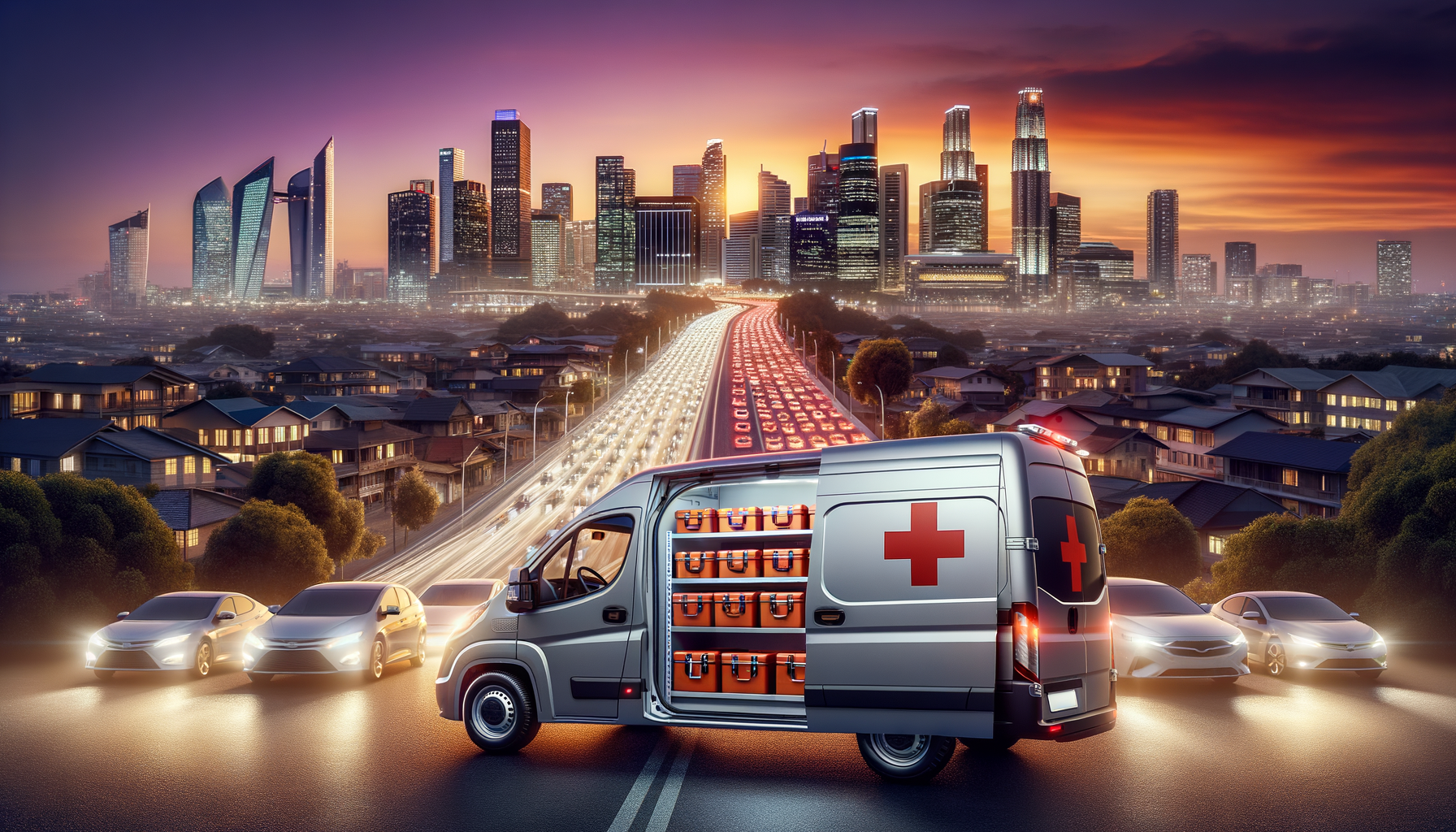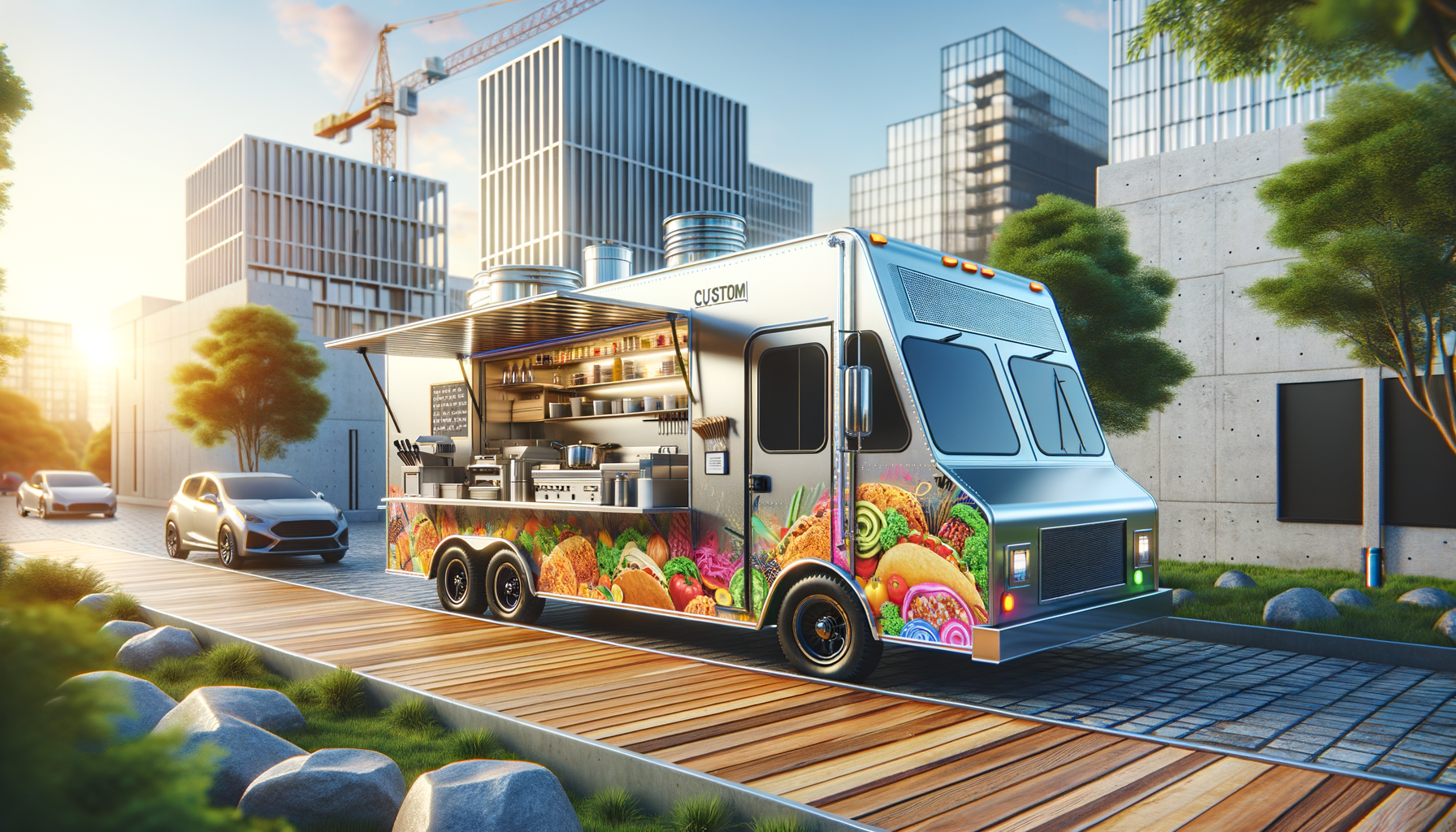Understanding the Role of Medicine Delivery Drivers
Medicine delivery drivers play a crucial role in the healthcare system by ensuring that patients receive their medications promptly and safely. This service is particularly important for individuals who are unable to visit pharmacies due to mobility issues, chronic illnesses, or geographical barriers. Delivery drivers act as the vital link between pharmacies and patients, ensuring that prescriptions are filled and delivered efficiently.
The responsibilities of a medicine delivery driver extend beyond merely transporting medications. They are tasked with ensuring that the correct medication is delivered to the right patient while maintaining the integrity and confidentiality of sensitive health information. This requires a keen attention to detail, as any mistake could have significant implications for the patient’s health.
Additionally, delivery drivers must adhere to strict protocols regarding the handling and storage of medications. This includes maintaining the appropriate temperature for certain pharmaceuticals and following guidelines to prevent contamination. As such, these drivers are an integral part of the healthcare team, contributing to patient safety and satisfaction.
Essential Skills and Qualifications
To excel as a medicine delivery driver, certain skills and qualifications are essential. Firstly, a valid driver’s license and a clean driving record are mandatory. Employers often require drivers to have a high school diploma or equivalent, although some may prefer candidates with additional certifications or experience in the healthcare sector.
Strong organizational skills are crucial, as drivers must manage delivery schedules and routes efficiently. Time management is also key, as timely deliveries are critical to patient care. Good communication skills are necessary to interact with pharmacy staff and patients, ensuring that any issues or delays are communicated effectively.
Moreover, medicine delivery drivers must possess a high level of integrity and professionalism. They handle sensitive medical information and must comply with privacy laws to protect patient confidentiality. Familiarity with basic healthcare protocols and the ability to handle emergencies calmly and effectively are also important attributes for those in this role.
Challenges Faced by Medicine Delivery Drivers
Medicine delivery drivers encounter various challenges in their day-to-day operations. One significant challenge is navigating traffic and adverse weather conditions, which can impact delivery times and overall efficiency. Drivers must be adept at adjusting routes and schedules to accommodate these variables while ensuring that medications are delivered safely and on time.
Another challenge is maintaining the integrity of medications during transit. Certain pharmaceuticals require specific temperature conditions, and drivers must ensure that these are met throughout the delivery process. Failure to do so could compromise the effectiveness of the medication, posing a risk to patient health.
Additionally, drivers must handle the emotional and physical demands of the job. They often interact with patients who may be experiencing health issues or emotional distress, requiring empathy and patience. The physical demands of loading and unloading medications, combined with the need for long hours on the road, can also take a toll on drivers.
The Impact of Technology on Medicine Delivery
Technology has significantly transformed the landscape of medicine delivery, offering new tools and solutions to enhance efficiency and accuracy. GPS technology allows drivers to optimize their routes, reducing delivery times and improving service reliability. Mobile apps and software platforms enable real-time tracking of deliveries, providing patients with updates and estimated arrival times.
Furthermore, digital platforms facilitate better communication between pharmacies, drivers, and patients. Automated systems can send reminders and confirmations, reducing the likelihood of missed deliveries. These technologies not only improve the overall patient experience but also streamline operations for pharmacies and delivery services.
However, the integration of technology also presents challenges, such as the need for drivers to be tech-savvy and adapt to new systems. There is also the ongoing concern of data security and ensuring that patient information is protected in the digital realm. Despite these challenges, the benefits of technology in medicine delivery are undeniable, offering enhanced convenience and reliability for all stakeholders involved.
Future Trends in Medicine Delivery
The future of medicine delivery is poised for further innovation and evolution. One emerging trend is the use of autonomous vehicles and drones for delivery purposes. These technologies have the potential to revolutionize the industry by reducing delivery times and costs, particularly in remote or hard-to-reach areas.
Additionally, there is a growing emphasis on sustainability and eco-friendly practices within the delivery sector. Companies are exploring the use of electric vehicles and optimizing delivery routes to minimize environmental impact. This shift towards greener practices aligns with broader societal goals of reducing carbon footprints and promoting environmental responsibility.
Another trend is the increasing personalization of delivery services. With advancements in data analytics and customer insights, delivery services can tailor their offerings to meet individual patient needs and preferences. This could involve customized delivery schedules, personalized communication, and enhanced support for patients with specific health conditions.
As the healthcare landscape continues to evolve, medicine delivery drivers will remain a critical component, adapting to new technologies and trends to meet the ever-changing demands of patients and healthcare providers.




Leave a Reply